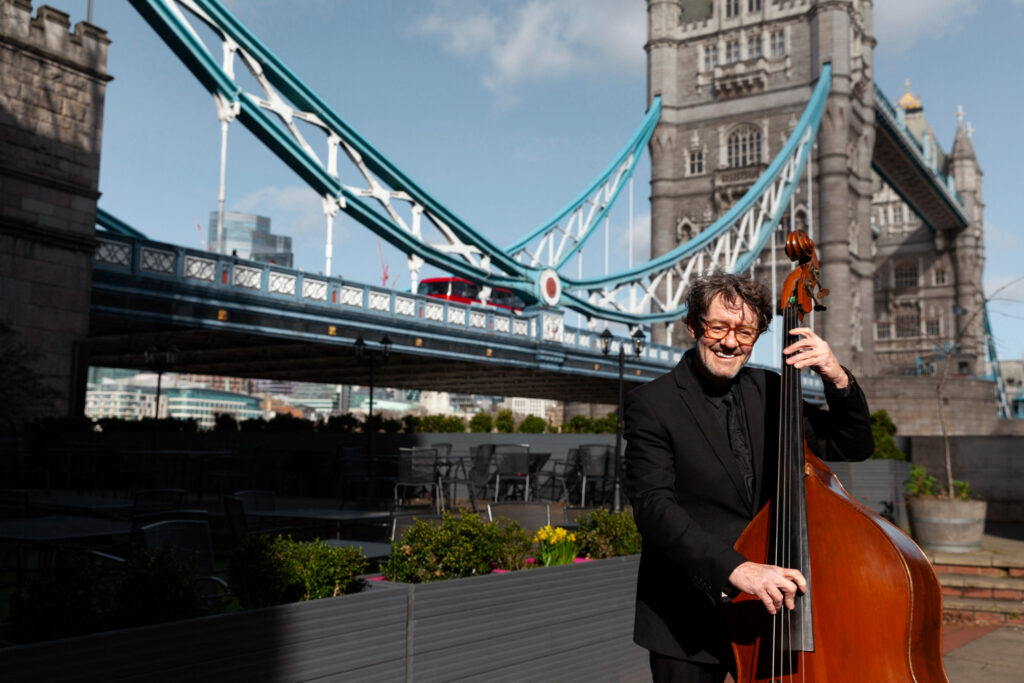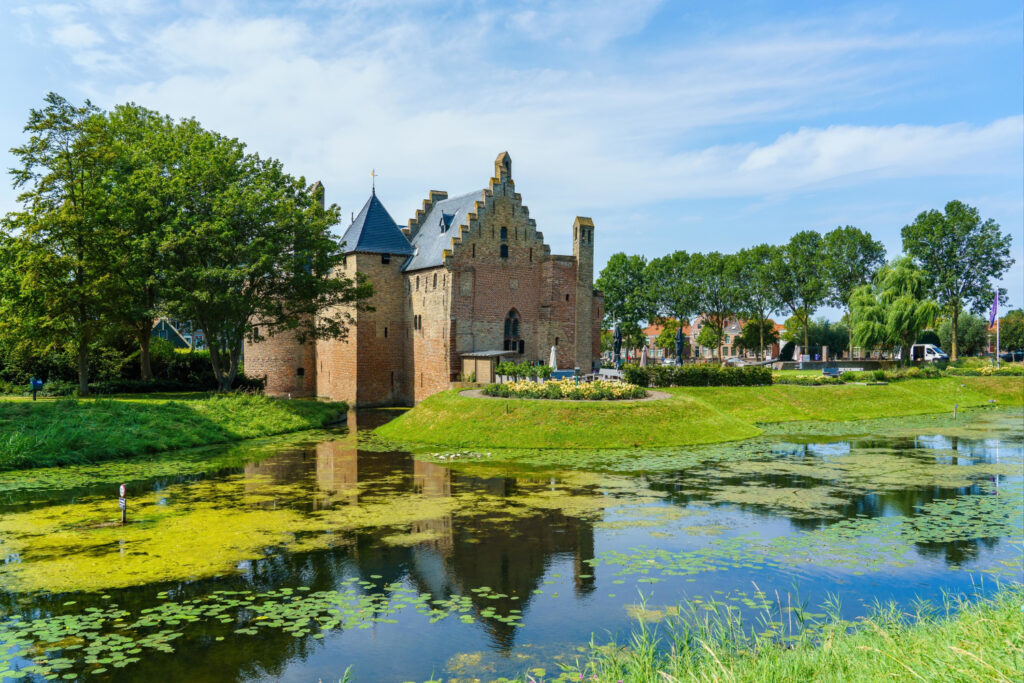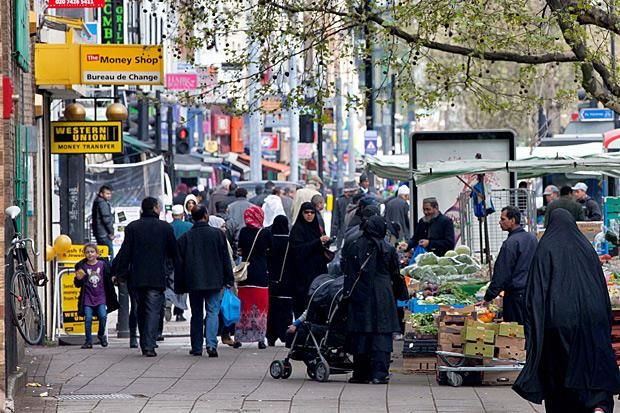Many people ask: what is a place in Italy that sounds like Tripoli? It’s a natural curiosity, because “Tripoli” is a well-known city in Libya (and also in Lebanon), and Italian place-names sometimes have similar sounds. But there is no major Italian town actually called “Tripoli.” This question often comes from hearing place names that are close in sound, mishearing, or recalling something from history.
Understanding what is likely being remembered or confused helps us see how language, history, and geography intersect. In this article, we explore how such confusion might arise, what place people might be thinking of, and why it feels like there is a Tripoli in Italy. We’ll look at the origins, possible candidate places, and what clues help set the record straight.
The Origin of the Name That Resembles Tripoli
“Tripoli” means “three cities” in Greek (“tri-” meaning three, “polis” meaning city). Historically, several places around the Mediterranean have used that root, especially in regions influenced by ancient Greeks. Because of that, many city names sound similar or are related in etymology. Over time, pronunciations shift, local dialects adapt foreign names, and sometimes people mix up similar sounding names.
So any Italian place that might “sound like Tripoli” likely has some linguistic similarity in syllables (“Tri-”, “-poli”, “-oli”, etc.), or has a name that has been adapted or misheard to resemble Tripoli. Historical names, old regional dialects, and even old colonial or trade connections might have played roles.
Where the Town Is Located in Italy?
As far as current, well-known Italian towns go, there is no official town whose name is exactly “Tripoli.” Some places are somewhat close in sound, and listeners sometimes mistake them for Tripoli. For example:
- Taranto in Puglia sometimes comes up in conversation, especially by non-native speakers, because “Taranto” shares some of the harder consonants (T, R) and Italian pronunciation makes the “Tar-an-to” flow in a way that might, in casual speech, get misheard.
- There are smaller towns or villages whose names may have syllables that resemble “Tri-” or “-oli”, especially in dialects. But none match fully in both spelling and sound to Tripoli.
Taranto is located in southern Italy, in the Puglia region, on the coast of the Ionian Sea. It has a long history (dating back to Greek colonization) and is a port city.
Why the Name Often Causes Confusion?
There are a few reasons people might think there is a Tripoli in Italy, or confuse a name with Tripoli:
- Sound similarity: Names like Taranto, Tripl-something, Tri-poli (if heard incorrectly), or dialect variations can sound similar. Our brains often fill in gaps or adjust unknown names to known ones.
- Historical usage: During periods of Italian colonial history in North Africa, Italy ruled over “Italian Tripolitania” (Tripolitania is the region around Tripoli in Libya). Some of the colonial-era documents, maps, or references in Italian might have made “Tripoli” sound Italian or made Italian speakers more aware of the name.
- Mishearing or memory: When hearing someone speak rapidly, or reading in poor audio/visual quality, “Tripoli” may be substituted unknowingly for “Taranto” or some smaller place. Accent, dialect, and listener’s familiarity play roles.
- Media and stories: Movies, travel stories, or hearsay may mention “Tripoli” in contexts that confuse listeners into thinking of Italy, especially because of Italy’s proximity to the Mediterranean, colonial history, and shared cultural references.
Because of these factors, someone might ask “what is a place in Italy that sounds like Tripoli” expecting there is such a place, even though strict geography doesn’t support that.
Cultural and Historical Significance of the Town (Taranto as Candidate)
Since Taranto is one of the more plausible candidates people might be confusing with “Tripoli,” it helps to look into its history and culture.
Taranto was founded in the 8th century BC by Spartan colonists as Taras, part of what is known historically as Magna Graecia (Greater Greece) — southern parts of Italy heavily colonized by Greeks. Over centuries, Taranto grew as a naval power, trading hub, and cultural center.
Over time, Taranto has had many rulers — Greeks, Romans, Byzantines, Normans, etc. Its architecture, local dialects, and landmarks reflect that long history: ancient ruins, churches, a castle, old town, and maritime heritage. It stands out in Italy not only for its geography (coastal, port city) but also for its mix of influences (Greek origin, Roman rule, later medieval and modern periods).
Because of these layers and vivid history, Taranto often comes to mind when people think of “ancient port cities in Italy,” and sometimes names like Taranto get inadvertently conflated with Tripoli, especially in foreign languages.
Visiting the Town Today
If you go to Taranto today, what you will experience is a mix of old and new. The old town — on the “island” part separated by water from the mainland — has narrow alleys, historic churches, museums, and seaside views. The National Archaeological Museum of Taranto (MArTA) is especially rich with artifacts from the Greek and Roman periods.
From the seafront promenades, to the castle (Castello Aragonese), and the bridges connecting old and new parts of the city, Taranto offers a living view of history. The local cuisine is Mediterranean: seafood, olives, fresh produce. Some parts of the city are quite charming; others show signs of industrial legacy or decay, which gives it an authentic, lived-in feel rather than a polished tourist trap.
Conclusion
In summary, when people ask what is a place in Italy that sounds like Tripoli, the most plausible answer is that there isn’t a town named Tripoli in Italy — instead, listeners usually confuse or misremember names such as Taranto, or they draw from Italy’s colonial past with Tripoli in Libya.
Understanding place names, history, and how sounds shift in speech helps us appreciate why this confusion happens. It reminds us that even without a perfect match, places like Taranto carry echoes of ancient, shared Mediterranean histories that make such confusions understandable.
So, if you’re wondering whether Tripoli is in Italy — it’s not, but if you hear something like Tripoli when someone is talking about Italy, there’s a good chance they meant Taranto or another similarly sounding place. If you ever want, I can help track down smaller towns (maybe in dialects) that some people believe sound like Tripoli — that can clear up more possibilities.




